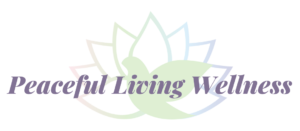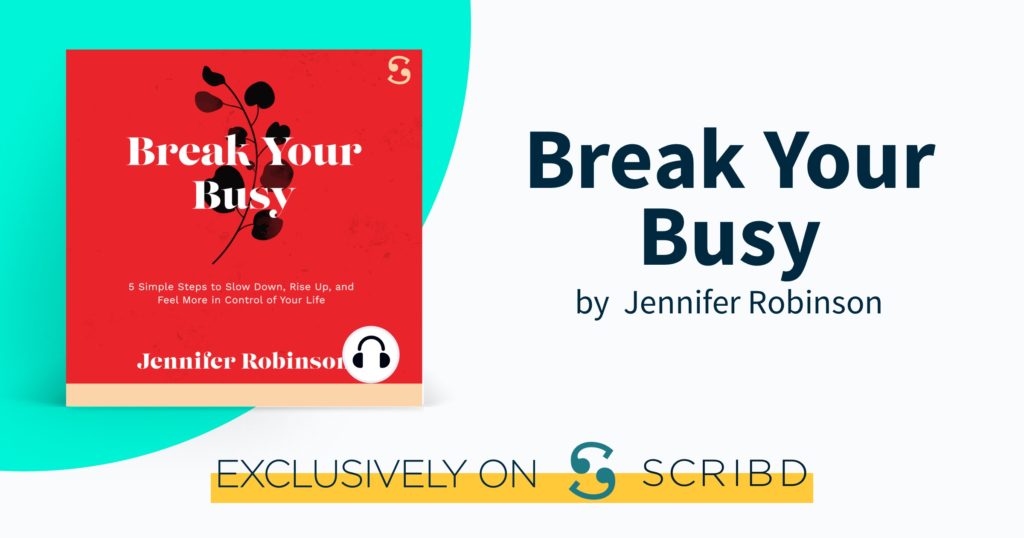How many times a day do you “should yourself”? If you’re like most of us, it’s daily if not even several times a day.
Don’t have time to read? Listen to this info on the go on my podcast here.
So many times we say “I should have done this or that or the other” talking about something that is in the past. Or we flip it to the present and future and say something along the line of “I should really do that”.
The thing is, when we word it this way it’s most likely code for ..yeah I should, but I am not going to. Or we could also read between the lines and hear … yeah it would be a good thing, but I dread it, or don’t want to do it.
Words are so powerful and the biggest dream and goal killer is the word “should”, why?
Tune in for a few seconds and pay attention to how it feels when you think or say out loud “I should really do that” … can you find a positive feeling? A feeling that is not driven by societal norms that tell us what a ‘good’ person looks like or does?

Transformative COURSES & WORKSHOPS that make integrating peaceful living, health and wellness easy, fun and affordable.
Feeling obligated, guilty, or pressured into it, doesn’t really motivate us to change or to actually do something, or if it does then for the wrong reasons.
“Should” is mental clutter that creates more mental clutter
While a sentence “I should really do this” is very sabotaging mental clutter to begin with, when we become aware of these feelings of guilt, resistance, heaviness etc then we usually start to pack even more mental clutter on top of it by thinking “I should to do that, but I guess I am just too lazy” or substitute lazy for any other harsh word we usually pester ourselves with.
The more you tell yourself “you’re lazy” the more you believe it and it becomes your self-concept, a limiting belief about yourself, and you move further and further away from what you actually want to achieve.
Then you might start beating yourself up about being lazy and not making progress, and if you are well practiced in this (like I am) this whole spiral can happen in a split second and ruin your day if you’re not careful.
What’s the way out?
I love what one of my mentors said recently, he said:
“We might not have control over a thought that pops into our head and wants to take over, but we sure have control over what we do next, what thought we think next, and then the one after that etc”
So, if you catch yourself shoulding-yourself, say stop out loud (or silent in your head) and consciously and intentionally redirect your brain to positive and supportive words.
Steps to stop should-ing yourself
Again, the first step is to notice, then the next step is for example to counter with “who says”? Who says you should do this?
You are an adult and as adults we really don’t have or should do anything, we can decide we want to, but there is no should, nobody can tell you what you should do.
But this is sometimes a bit abstract and for some people not really helpful so then I suggest you play a game, a word game. I learned this from Karen Kingston who was a teacher of mine.
The Should, Could, Could-I? Game
Step 1: you notice that you should yourself
Step 2: exchange should for could
Pause and tweak your thinking from “I should” to “I could”
For example, instead of “I should declutter” think or say “I could declutter” and pay attention to how that makes you feel.
If you are human, which you most likely are, I bet the sentence with “could” feels way better than the one with “should”
Then see if you can take action from that place. Remember when it comes to clearing clutter, all we want to do is a few minutes a day. You could do this, you could declutter for a few minutes.
Step 3: exchange “could” with the question “could I”?
I told you it’s a word-game, so now, instead of saying to yourself “I could declutter for a few minutes” try out “could I declutter for a few minutes”? and see how that feels.
Could I?
Curiosity that you create with could and could-I? is so much kinder than blame and shame that follows “should”.
Should forcefully pushes you, while could creates curiosity that pulls you towards it.
As a clutter clearing coach and practitioner I’ll never tell you to get rid of anything, not even the word should. What I do want to help you see is the effect all this (mental & emotional) clutter has on you and your life.
Don’t just read this blog, try out this word game and see how it feels and if it changes your actions. Start today, all it takes is a few minutes a day to keep the chaos away.

CONNY GRAF
Conny Graf is a Swiss certified Expert in Finance & Accounting, a certified Clutter Clearing Practitioner, Astrologer, Coach, Podcaster and the founder and owner of From Chaos to Peace Consulting Inc.
She’s helping people create supportive, clutter-free environments in their home, office, files, and finances but more importantly, she helps them develop habits and systems that prevent clutter from creeping back in. Clutter Clearing is not just about purging and organizing, it’s about exploring and releasing the limiting beliefs we tell ourselves and the stories that keep us stuck in the past. Dealing with clutter brings us up-to-date with who we are right now and where we are heading in your life and business while being organized is simply a side-effect.
Her mission is to help people understand that decluttering is self-love, and a few minutes a day keep the clutter away. Come on a journey from chaos to peace with ease.
▪ WEBSITE ▪ INSTAGRAM ▪ FACEBOOK ▪ LINKED IN ▪ YOUTUBE ▪ PINTEREST ▪ THE PODCAST▪



